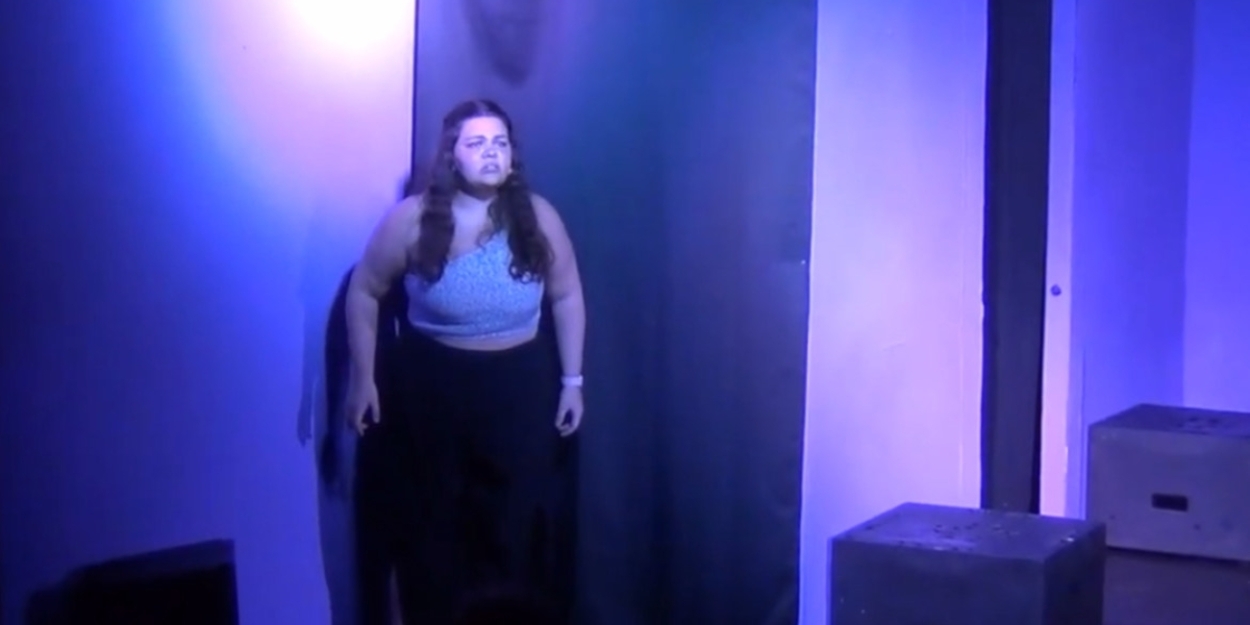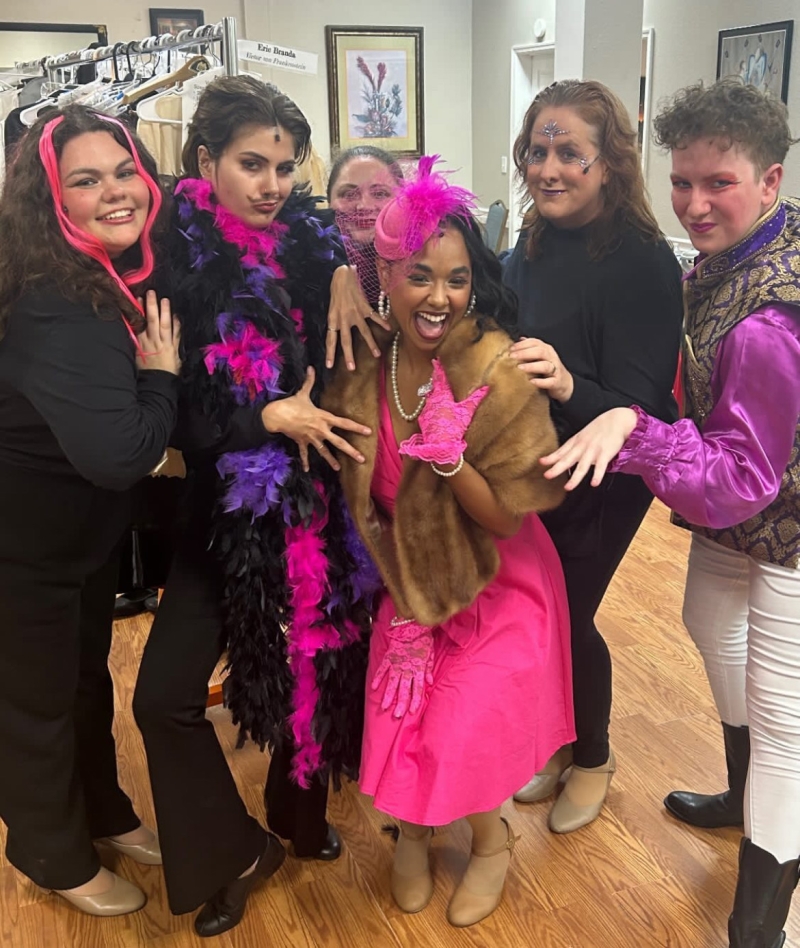Student Blog: Facing Rejection as an Actor
Here are some lessons I've learned from various rejections over the years.

.jpeg)
Elizabeth Lienhardt as Meredith in
Five Women Wearing the Same Dress!
Rejection: no matter how heartbreaking, it comes with the territory.
Every actor, at some point in their career, has faced rejection, whether from an audition, a workshop, or a prescreen. While we all dream of booking our dream roles and becoming a star on the first attempt, very few people ever get to experience that, unfortunate as it is.
I’ve never been good at handling rejection. As an already self-conscious child with severe anxiety issues, rejection could tip the iceberg of an emotional breakdown for me. Hearing casting directors say I “wasn’t good enough” or “didn’t fit their vision” devastated me, especially since I wanted to act professionally in the future.
Was I a little dramatic? Yes. However, facing rejection as a child actor can greatly influence one’s relationship with the industry. Some directors, though honest, are cutthroat, and hearing the absolutes of their “No” can make people question their self-worth, talent, or tenacity.
Growing up in the theatre, my perspective on rejection has evolved as I’ve aged. Here are some things I’ve learned over time based on my own experiences of rejection:
Rejection As Redirection
Despite the cliche, this really is the truth sometimes. We have no idea what our futures hold; rejection can open up much more plentiful or beneficial opportunities.
For instance, last year I auditioned for two productions at a theatre I’ve frequently worked with. I’ve wanted to do both of these shows for years. They both played to my skills as a singer and actor. However, I got rejected from both without even receiving callbacks. I was confident in my auditions and received compliments from the casting team, so I was both confused and disappointed. During the audition process, I was dealing with many personal struggles, so I hoped to find some escape in these productions.
It turned out, however, that other plans were in store for me. My academics became very rigorous at this time, so joining a show would’ve distracted me from creating quality work. I also decided to transfer colleges at this time, so all the orientation work would’ve coincided with rehearsals and showtimes. Ultimately, being in a show would've added additional stress to my already-stressful life at the time.
While everyone’s experiences post-rejection differ, we can all still learn things from our rejection that we can use for future projects. Rejection is not the “end all, be all,” but a gateway to better things.

as Tasha in Young Frankenstein!
Acknowledge the Director’s Vision
While I was in high school, I auditioned for the lead character in one of our productions. Not only did I give a good audition, but my directors trusted me with hefty responsibilities for roles in the past, so I thought I had a chance. I did not get this role; I instead got a supporting lead with limited stage time. At the time, I was upset, considering I was nearing the end of my high school years. As someone who wanted to go to college for musical theatre, I thought this would impede my ability to get accepted into schools.
On the day of our readthrough, I spoke with the assistant director about the cast list. He acknowledged my anxiety for the future and told me I would’ve killed the role. But he told me something that altered how I’ve perceived every audition since then:
“Both of you auditioned for this role and were great options. However, you were a stronger candidate for the role you got than this other person. To make the performances equal and let you both shine, the show was cast this way. This does not mean you weren’t good for the role, because you were; we just needed to cast on what you both could provide.”
I ended up loving the role I got. The person who got the role I auditioned for did a great job, and all was well. While it’s hard to understand casting decisions as they occur, know that most choices do not reflect malintent. Directors strive to represent their vision in the best way possible, so their consideration of people in other parts simply plays to one's strengths as an actor. Let yourself shine in whatever part you get; the director trusts you!

Elizabeth Lienhardt as Tanya in Mamma Mia!
Keep Practicing
Recently, I submitted a self-tape for a professional production. I’m not great at filming self-tapes, since most of my auditions have historically been in person. I submitted the self-tape, curious as to what would happen. I did not receive a callback, but I was honestly expecting this. I spent three hours trying to capture the perfect tape, unable to capture the charisma needed. It felt forced. Thus, I’ve spent some time working on self-tapes and capturing the essence of my character through the screen.
I wouldn’t have strengthened my self-tape skills if I got a callback or role. I wouldn’t have thought there was something to improve. Being open to critiquing your work is crucial in this industry, especially considering how vulnerable you are to casting directors. Though difficult, allow yourself to be vulnerable with yourself. Be honest with your performances. How could you have added credibility to your character? Did your delivery or vocal techniques disturb the tape’s coherence? Did you give 110%? Does it look like you did? Ask yourself these questions and others to discover how to improve for future success.
This is a difficult topic to discuss, considering how much it can impact our mental well-being and perceptions of our work. If you did not resonate with these talking points, consider this last suggestion: remember why you’re an actor. We put so much effort into our craft because we love it. We may face countless “Nos” or ghostings, but those contracts and projects we do book make all the work worth it. Know that things will improve as long as we accept our present and work towards the best version of ourselves.

Videos


